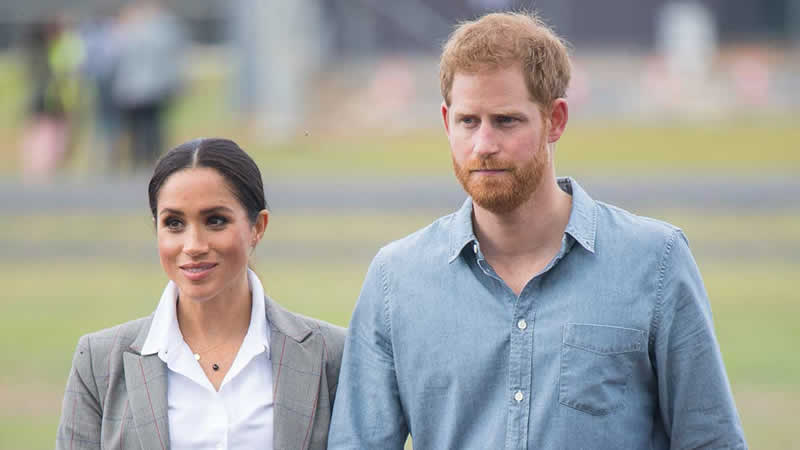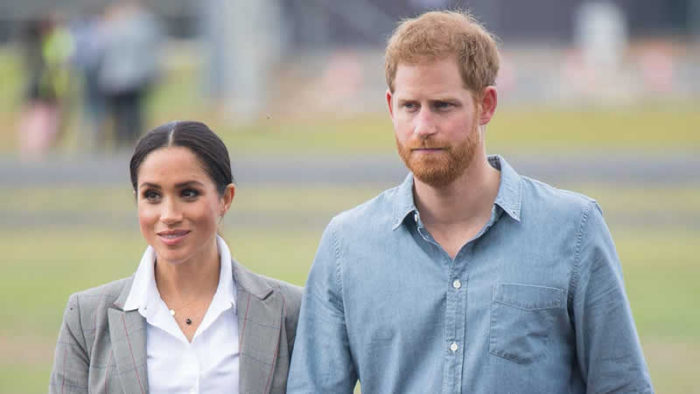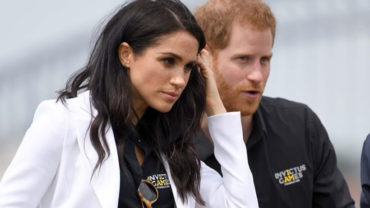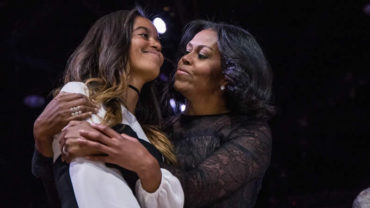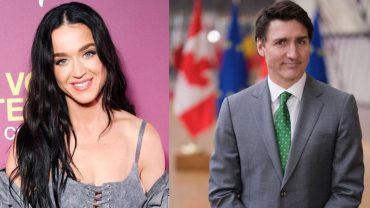She added the royal’s life ‘sounds too much for him’ and that he should step away from his role as a ‘woke lecturing celebrity’.
Her comments came in response to Harry’s bombshell Apple TV+ documentary in which he opened up about his mental health and Meghan’s suicidal thoughts.
In reaction, Ms Levin, who wrote the 2018 book ‘Harry: Conversations with the Prince’, tweeted: “How dreadful if Harry constantly thinks that he will lose Meghan like he did Diana and blames racism.
“Plus can’t get rid of M’s threat to commit suicide. His life sounds too much for him and he should back away from being a woke lecturing celebrity.”
In the Apple TV+ documentary, the Duke of Sussex revealed he suffered panic attacks and descended into binge drinking and drugs while battling feelings of being unable to save his mother.
But while speaking to Oprah Winfrey, he launched yet another broadside at his family, revealing he was “worried and afraid” to return to the UK for Prince Philip ’s funeral.
Speaking to the US chat show queen in the five-part series The Me You Can’t See, the Prince, 36, opened up about the trauma he suffered following Princess Diana’s death in a car crash in 1997.
Harry again hinted racism played a part in his life saying his mother was “chased to death while in a relationship with someone who wasn’t white”.
He added he feared “history repeating itself” with wife Meghan.
The Princess of Wales died alongside Egyptian film producer Dodi Al-Fayed, who she had been dating for several months.
“My mother was chased to her death while she was in a relationship with someone who wasn’t white,” he said.
“And now look what’s happened.
“You want to talk about history repeating itself. They’re not going to stop until she dies.
“It’s incredibly triggering to potentially lose another woman in my life. Like, the list is growing.”
He also told how wife Meghan urged him seek help more than four years ago following a fight where he reverted to a “12-year-old”.
The series shows him having therapy such as EMDR treatment, an interactive psychotherapy technique used to relieve trauma and PTSD.
Harry tells how he first tried to seek help for his mental health in his 20s after years of pain before finally committing to therapy when he met Meghan, now 39, five years ago.
The Duke said of emotional turmoil in his childhood and 20s: “I wasn’t in an environment where it was encouraged to talk about it either, that was sort of, like, squashed.”

